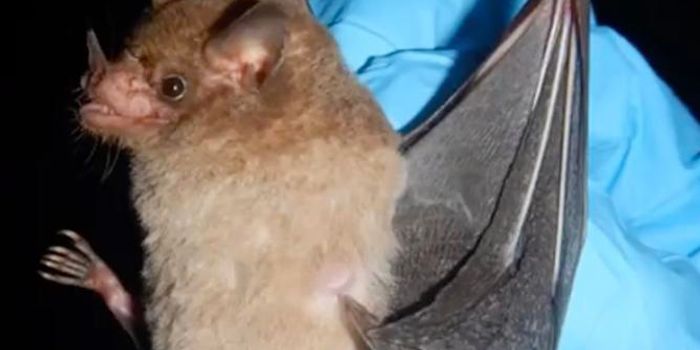There's More to Pigs Than Bacon
We know that pigs aren't dumb animals; they are able to learn commands like dogs can, and are able to perform and change tasks when directed. Scientists are learning more about the cognitive abilities of pigs, and they've found that some of the animals exhibit surprising levels of mental and behavioral ability.
In a study reported in Frontiers in Psychology, researchers tested four animals in the genus Sus in a video game that was controlled by a joystick. The work indicated that each one of the pigs could demonstrate some understanding of the concept even though they are not particularly agile at performing tests that are typically designed for non-human primates, which were used in this investigation.
This research involved two Yorkshire pigs named Hamlet and Omelette, and two Panepinto micro pigs, Ebony and Ivory, that were trained to go to a joystick and use their snouts to move it in the first part of the experiment. Next, the researchers taught them a video game in which they were supposed to push the joystick so a cursor would move toward up to four targets on the screen.
The pigs were able to perform tasks in the game well above random chance; the researchers determined that the animals demonstrated that they understood what they were supposed to do and that the joystick was what moved the cursor on the screen. These pigs obviously have no opposable thumbs and are near-sighted, making this finding "remarkable," according to the researchers.
"It is no small feat for an animal to grasp the concept that the behavior they are performing is having an effect elsewhere. That pigs can do this to any degree should give us pause as to what else they are capable of learning and how such learning may impact them," said lead author Dr. Candace Croney, a professor at Purdue University and director of the Purdue Center for Animal Welfare Science.
This study utilized food to train the pigs and reinforce the learning, but they also learned that social contact can have an effect. For example, if the machine that dispensed food treats to the pigs stopped working, the pigs could continue to make the right responses when verbal and tactile cues were provided. Verbal encouragement also seemed to help the animals perform during the most challenging tasks.
"This sort of study is important because, as with any sentient beings, how we interact with pigs and what we do to them impacts and matters to them," Croney said. "We, therefore, have an ethical obligation to understand how pigs acquire information, and what they are capable of learning and remembering, because it ultimately has implications for how they perceive their interactions with us and their environments."
The pigs could not attain the skill level of non-human primates on the videogame and did not demonstrate that they had mastered the tasks. However, the researchers stressed that these shortcomings may be due to the mismatched nature of the tests, which are supposed to be used with dextrous animals that are visually oriented.
"Informing management practices and improving pig welfare was and still is a major goal, but really, that is secondary to better appreciating the uniqueness of pigs outside of any benefit we can derive from them," Croney said.
Further studies could involve testing whether pigs can give responses when queried in a type of communication.
Sources: AAAS/Eurekalert! via Frontiers, Frontiers in Psychology










